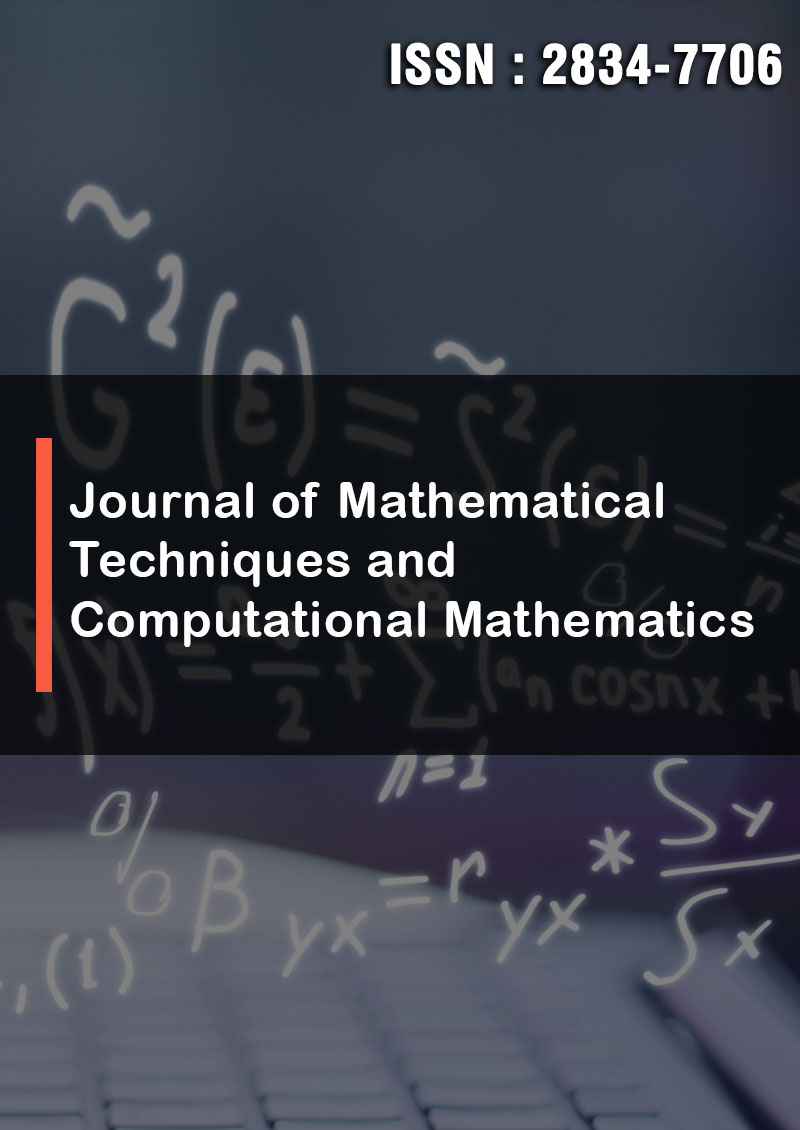Multi-Attribute Group Decision-Making Problem Based On Q-Rung Orthopair Fuzzy Set Under Confidence Environment
Abstract
Jan Muhammad, Khaista Rahman and Ibrar Hussain
Emergency decision-making for communities and countries is an important and critical tool. It improves the effectiveness and reliability to response emergencies which minimizes the rate of casualties, environmental damages and economic losses. In the event of emergency decision-making, the main issue is extreme imprecision, ambiguity, and fuzziness. This paper is devoted to the study of q�?�rung orthopair fuzzy aggregation operators under the confidence levels and their applications to multiple-attribute group decision making (MAGDM) problems. The concept of q-rung orthopair fuzzy set (q-ROFS) is used as tool to describe undetermined information and is superior to the intuitionistic set (IFS) and Pythagorean fuzzy set (PFS). The distinguishing feature of the q-ROFS is that the sum of the q-th power of the membership degree and the q-th power of non-membership degree is bounded by 1. As a result, the range of uncertain information that it may describe is expanded. In this work, we focus on MAGDM problems under the fuzzy environment. First, based on aggregation operators some drawbacks of the already existing MAGDM methods are analyzed.
Moreover, we present some modified operational laws and some of their properties to overcome these drawbacks. Next, related to q-ROFS fuzzy-weighted averaging (q-ICROFWA) and fuzzy-weighted power averaging (q-ICROFWPA) aggregation operator under confidence levels along with their properties are presented. By using these operators’ q-ICROFWA and q-ICROFWPA an advanced method is proposed to deal with MAGDM problems in fuzzy environment. At last, the validity and feasibility of this method is illustrated with some numerical examples.



